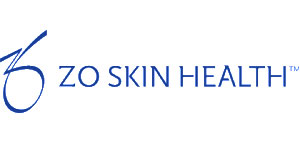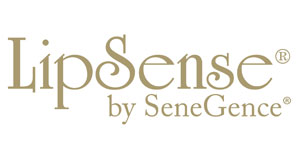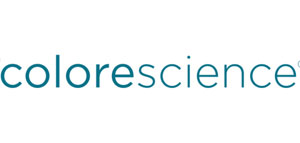Dr. Patenaude is an expert in treating and preventing diseases of the internal organs which can manifest and affect the skin, hair and nails. SkinRhümMD provides medical skin care for many skin conditions and concerns. Among some of the most common skin issues Dr. Patenaude and her knowledgeable staff treat, reduce, prevent and remove are:
Hair Loss/Alopecia
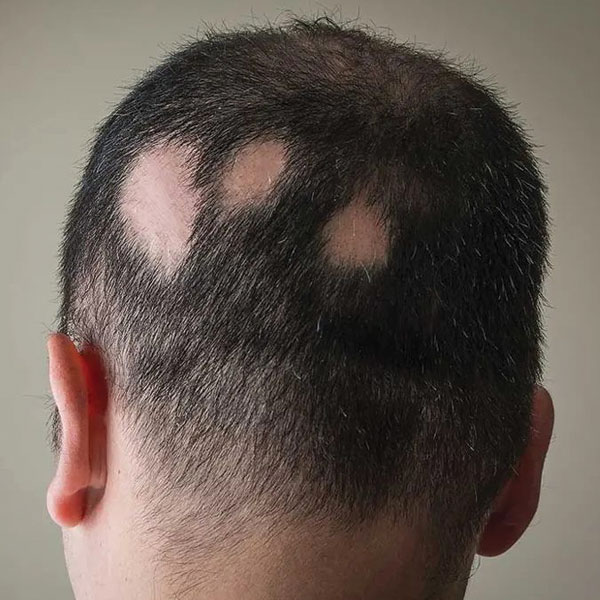
Pattern hair loss is hair loss that primarily affects the top and front of the scalp. In males, the hair loss often presents itself as a receding hairline, while in females, it typically presents as a thinning of the hair. Male pattern hair loss is believed to be due to a combination of genetics and the male hormone dihydrotestosterone. The cause in female pattern hair loss remains unclear. Alopecia is a type of autoimmune disease characterized by hair loss that has a variable presentation and course. Some patients exhibit spontaneous remission, while others progress to develop total loss of scalp and body hair.
Skin Lesion Removal
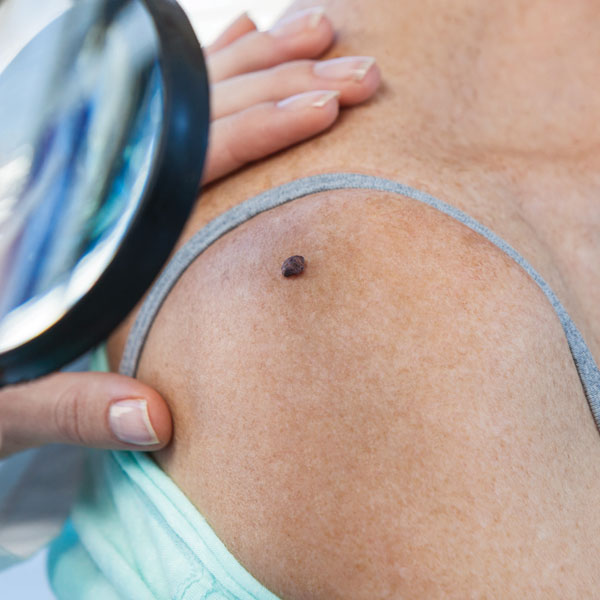
Moles, Skin Tags (excess growths of skin), Milia, Serborrheic keratosis (brown raised lesions), and Sebaceous hyperplasia (over productive oil glands) are some of the benign skin lesions you may be interested in having removed by specialist Dr. Patenaude.
Excessive Sweating – Hyperhidrosis

Hyperhidrosis or excessive sweating is a disorder that affects approximately 3% of the population. Areas treated at SkinRhümMD include underarms, hands and feet. For some patients Botox Hyperhidrosis treatments can be a life changing treatment.
Acne Treatment & Acne Scar Treatment
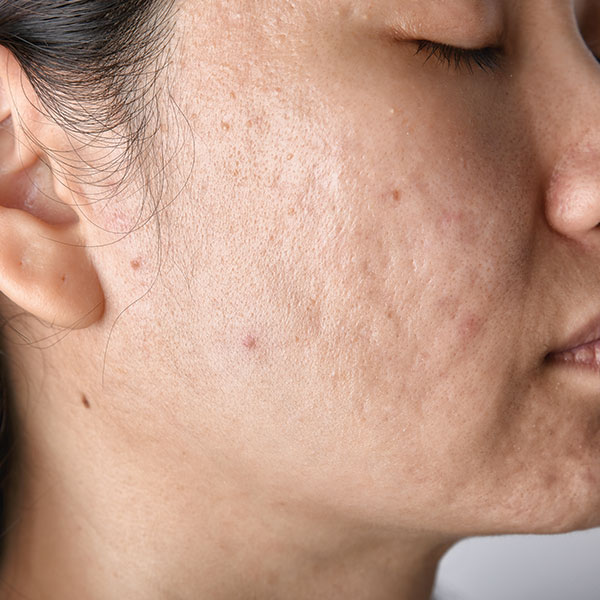
Acne treatment is among the most common medical skin care treatments administered by physicians. Even mild acne can produce scarring; the best way to prevent scars is to treat acne early. SkinRhümMD offers some of the most advanced medical skin care regimens for acne and associated scarring.
Rosacea

Rosacea is a chronic skin condition which is characterized by facial redness, frequent blushing, enlarged facial blood vessels and in some cases pimples and thickening of the skin on the nose. There is no known cure for rosacea, but SkinRhümMD’s medical skin care options can help manage and reduce your symptoms.
Melasma
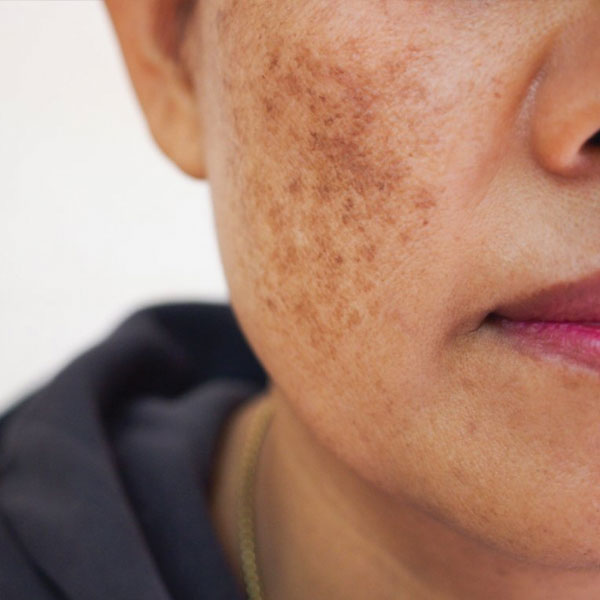
Melasma is a skin condition which commonly affects women. Symptoms include brown patches of skin throughout the face but mostly on the upper lip, upper cheeks and forehead. SkinRhümMD can review your best medical skin care options for reducing and preventing this condition from spreading and darkening.
Large Pores
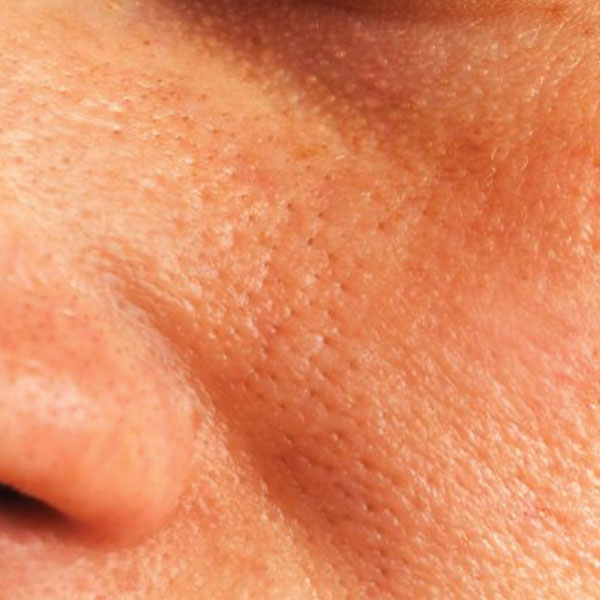
Many of Dr. Patenaude’s patients ask about medical skin care for decreasing their pore size. Reducing oil production and increasing collagen synthesis will dramatically improve your large pores. SkinRhümMD will review all of your in office and at home medical skin care options for shrinking large pores.
Sclerotherapy Vein Treatment
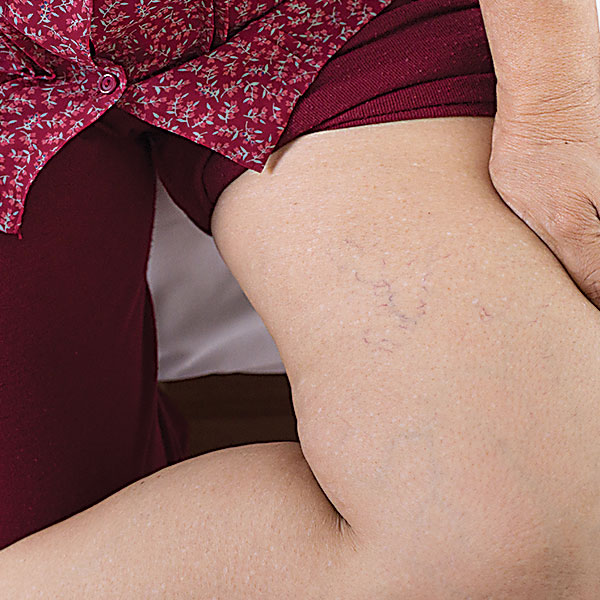
Sclerotherapy is a medical skin care procedure used to eliminate varicose and spider veins on the legs. Dr. Patenaude meets personally with all potential candidates to discuss treatment in depth before proceeding. SkinRhümMD also fits patients for custom medical grade compression stockings for the treatment and prevention of unsightly painful varicose and spider veins.
Eczema
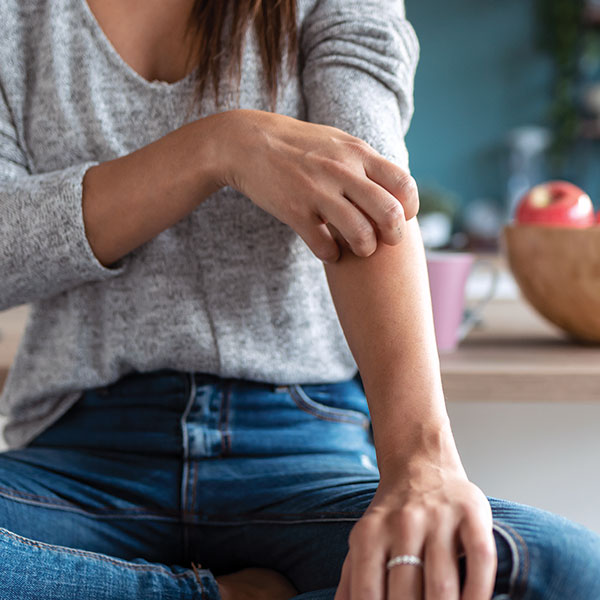
There are many different types of Eczema, affecting patients on multiple of areas of the body and to varying degrees. Dr. Patenaude will assess your eczema and discuss all possible medical skin care plans with you.
Joint Injections

A joint injection is a common treatment method that is performed to manage stiffness and pain that arises in the joints due to inflammation. Several types of joint injections have been established for the purpose of pain management. A typical joint injection usually consists of a combination of a corticosteroid and an anesthetic that target both pain and inflammation.
Nail Treatments
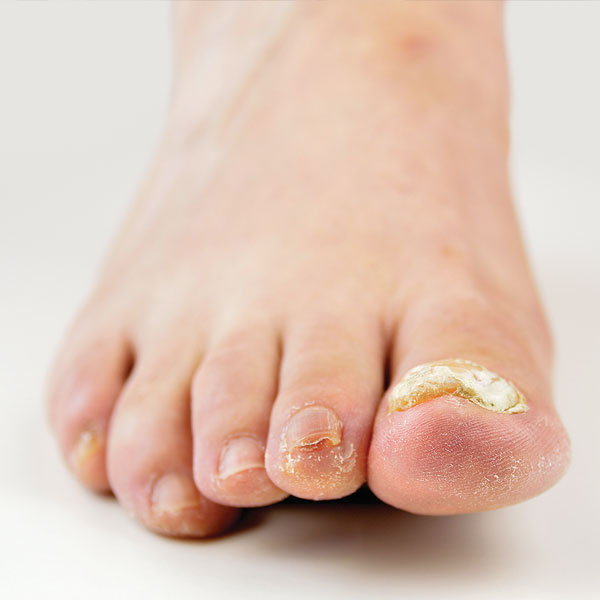
Dr. Patenaude will examine your nails. She may also take some nail clippings or scrape debris from under your nail and send the sample to a lab to identify the type of fungus causing the infection. Other conditions, such as psoriasis, can mimic a fungal infection of the nail. Microorganisms such as yeast and bacteria also can infect nails. Knowing the cause of your infection helps determine the best course of treatment.


